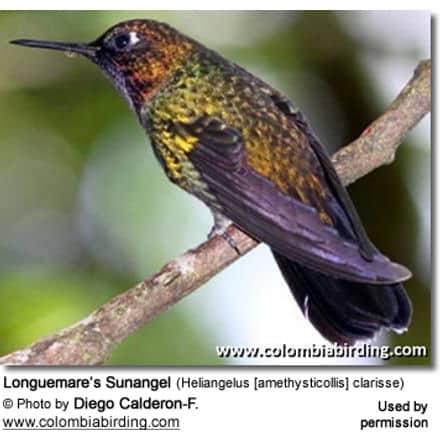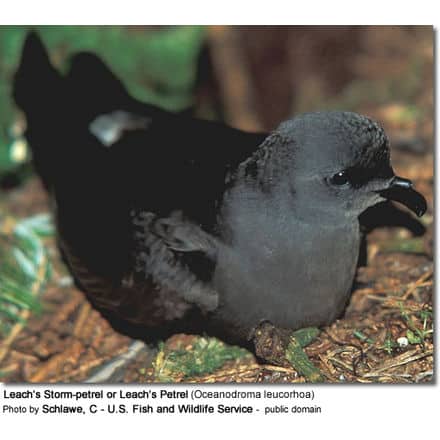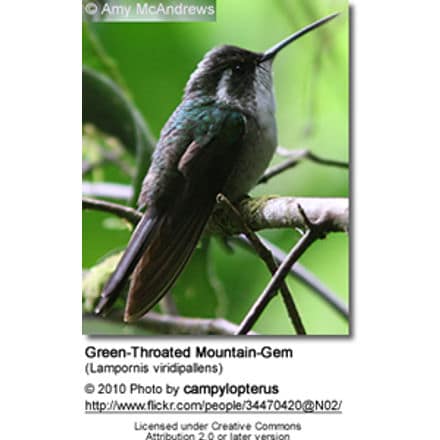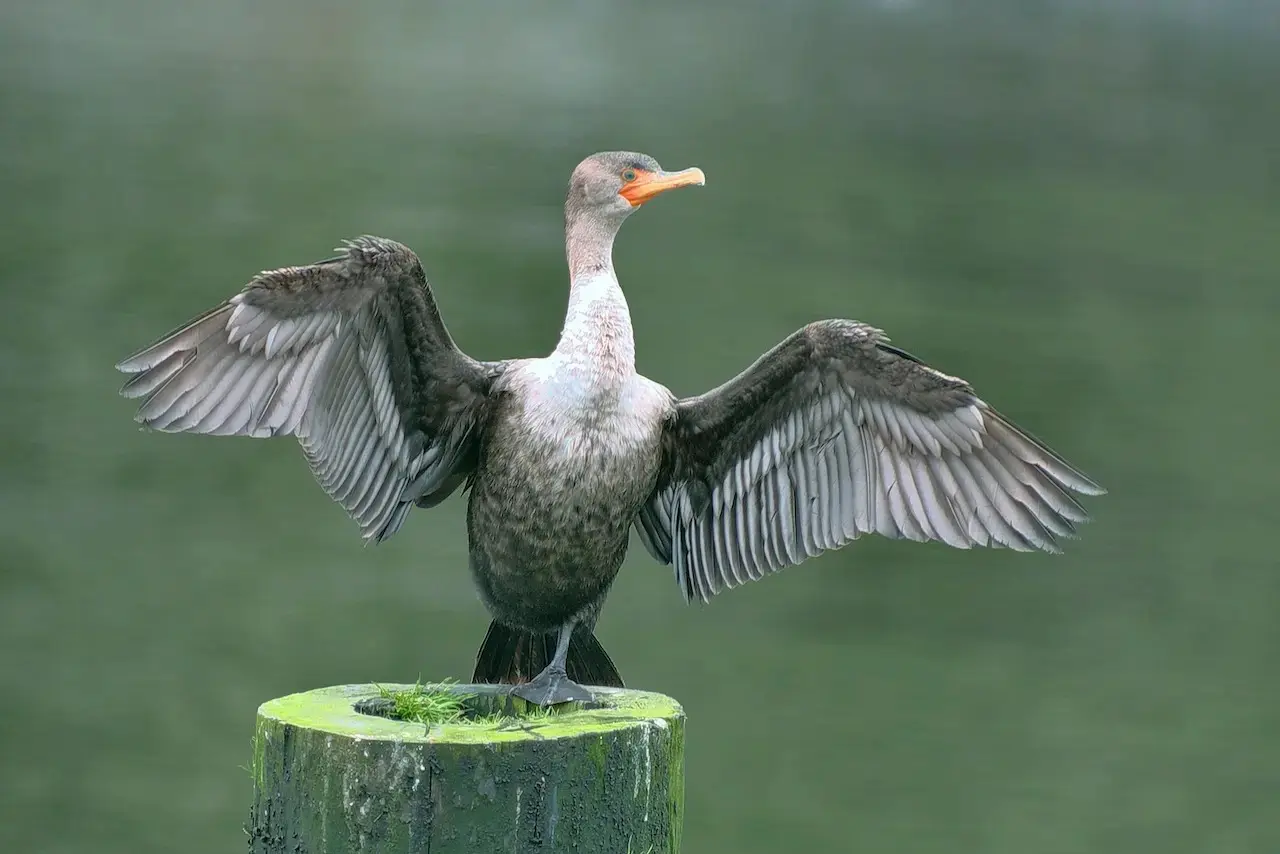Softbills
There is a lot of confusion about what birds are “softbills,” as the name is somewhat misleading. The beaks of Softbills are adapted for feeding on fruits, nectar, plant material, insects and/ or other small animals.
Many only associate those birds with large yet light-weight and relatively fragile beaks. However, the beaks of many “softbills” are quite hard and strong, and can cause considerable damage – an experience that a good number of their human caretakers can attest to.
Authorities generally apply this name to any birds that are on a soft food diet; differentiating them from “hard-bills,” which refers to birds with hard, strong beaks that are adapted to cracking seeds and nuts.
The beaks of Softbills are adapted for feeding on fruits, nectar, plant material, insects and/ or other small animals.
The following bird species are referred to as “softbills”
- Turacos, Toucanets, Aracaris, Mousebirds, Fruit Doves – Feed on on fruit and plant material
- Hornbills and crows – Feed on animal and plant material
- Kingfishers and rollers – Feed on small mammals and birds
- Bee-eaters and fly-catchers – Feed on insects and other invertebrates
- Hummingbirds and sunbirds – Feed on flower nectar
Common Diseases of Softbills:
- Listlessness, Regurgitation, Dyspnea, Weight Loss, Diarrhea, Coughing, Wheezing, Syncope: Iron Storage Disease and related entities – excessive accumulation of iron in the liver. Most of the affected birds with acute signs die.
- Weightloss, Glucosuria, Hyperclyemia, Polyuria (excessive urination), Polydipsia: Idiopathic diabetes mellitus – probably dietary related.
- Hemochromatosis – A Metabolic Disease of Softbills
Softbill Diet in Captivity
There is a lot of confusion about what birds are “softbills,” as the name is somewhat misleading.
Many only associate those birds with large yet light-weight and relatively fragile beaks. However, the beaks of many “softbills” are quite hard and strong, and can cause considerable damage – an experience that a good number of their human caretakers can attest to.
Authorities generally apply this name to any birds that are on a soft food diet; differentiating them from “hard-bills,” which refers to birds with hard, strong beaks that are adapted to cracking seeds and nuts.
The beaks of Softbills are adapted for feeding on fruits, nectar, plant material, insects and/ or other small animals.




